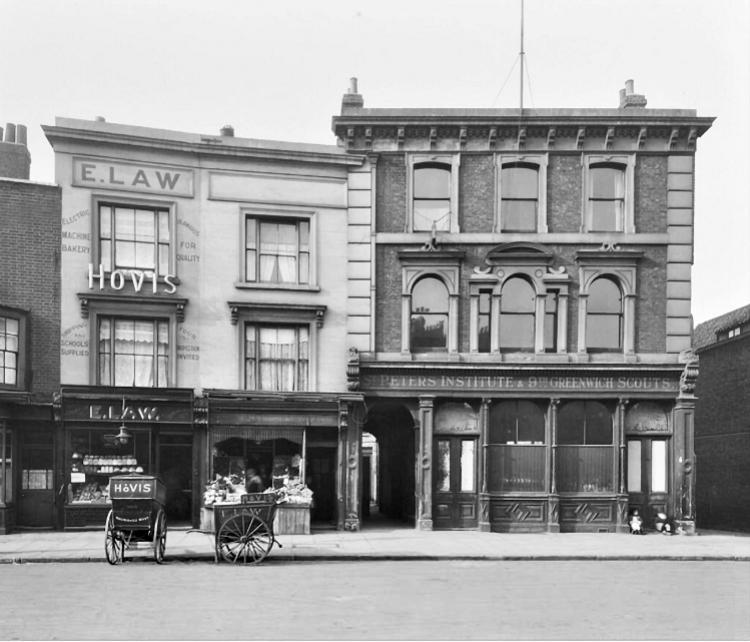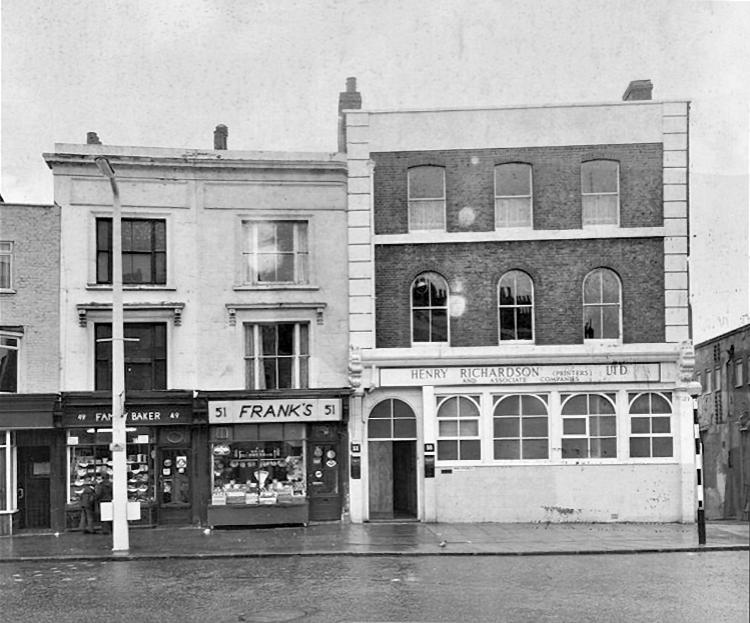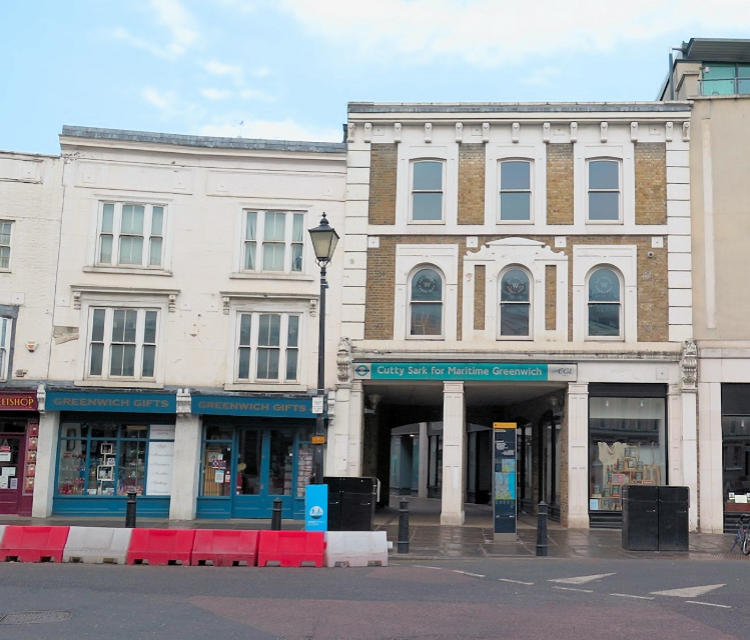|
31 July 1806.
KENT ASSIZES, MAIDSTONE, JULY 29. PARNELL v. EAMER.
This was an action to recover damages, for an assault and false
imprisonment.
Mr. Serjeant Shepherd led the cause, and stated the case. The plaintiff,
he said, was a poor man, a higler, and the defendant was no other than
Sir John Eamer, Knight, Alderman of London, Colonel of Militia, and an
eminent trader. It happened that on the 12th of June last, the plaintiff
was going down to Greenwich in his one horse cart, and he was as near
his proper side of the road as the bank would permit him to be. It was
just opposite that part where the public house, the "Dover Castle," is
situated, and there, if the Jury recollected, there was room for at
least five carriages to pass abreast. What induced this City Knight to
take the wrong side of the road, he could not tell, but so it was that
he drove so close that the wheel of his curricle became locked in the
wheel of the plaintiff's cart. Instead of his feeling, he ought to have
done, that the accident was owing to his own negligence, he immediately
jumped up and began to exercise his horsewhip most actively on the head
and shoulders of the plaintiff's servant, who was driving the cart. The
plaintiff then interfered, but instead of obtaining redress, the
irritated City Colonel treated him with the like discipline - exclaiming
- "I'll teach you to run against me - I'll let you know who I am - I am
Sir John Eamer, Knight, late Lord Mayor of the City of London, an
Alderman, and Lieutenant Colonel of Militia." His client was alarmed at
all these titles, and instead of persisting, made most humble prayers
for mercy.
Thomas Holford, the master of the "Dover Castle" public-house, in the
Greenwich Road, corroborated some of the above statements.
Captain Clarke, of the London Militia, stated, that he was in the
public-house, waiting for a brother Officer; he saw the transaction, and
thought he was bound as an Englishman to interfere, he went out;
addressing the defendant, he said, "Sir John, you are very much in the
wrong, you have used the man very ill." Upon which Sir John replied, "If
I have used him ill, I am very sorry for it." The man was taken to the
watch-house, but the constable refused to take him in custody, saying,
as he had reins to his horses he had no jurisdiction.
Mr. Garrow, for the defendant, entreated the Jury to compare the
evidence with the statement of his Learned Friend. He had, in his
opining, contrived to represent Sir John Eamer as a very ridiculous
character; he was supposed to say, "I am Sir John Eamer, Knight,
Colonel, and Alderman," not one word of which was in proof. In truth,
Sir John Eamer was an honest, open-hearted, and liberal man as any of
that hospitable Corporation, of which he was a worthy Member. he then
deprecated the idea of giving heavy damages; the great object had been
obtained; Sir John Eamer had been turned out for a day's sport, and they
had had it. There was an old story of a black seaman being about to be
flogged, and the Captain having first harangues him, concluded by
ordering him to the gangway, upon which the black observed, "No preachee
and floggee too." His learned Friend had preachee, but he hoped the Jury
would not floggee too.
Verdict for plaintiff, damaged 10s.
|


